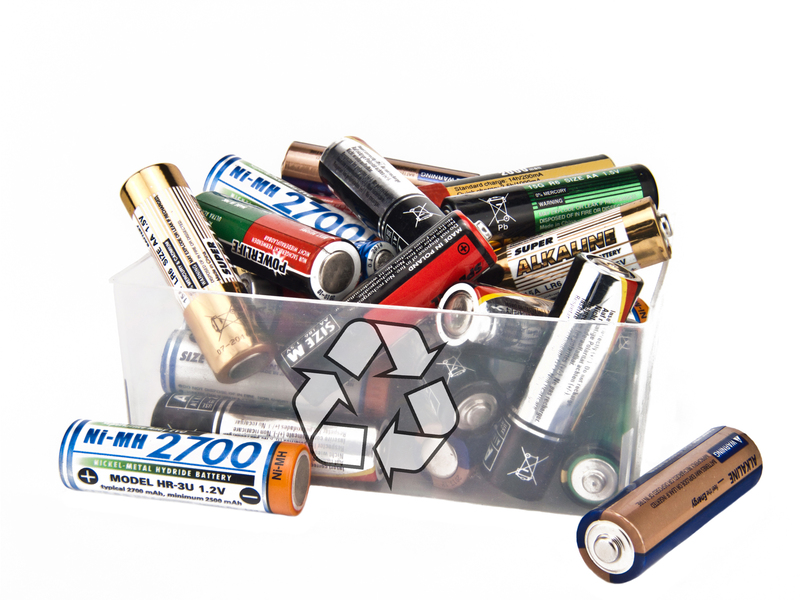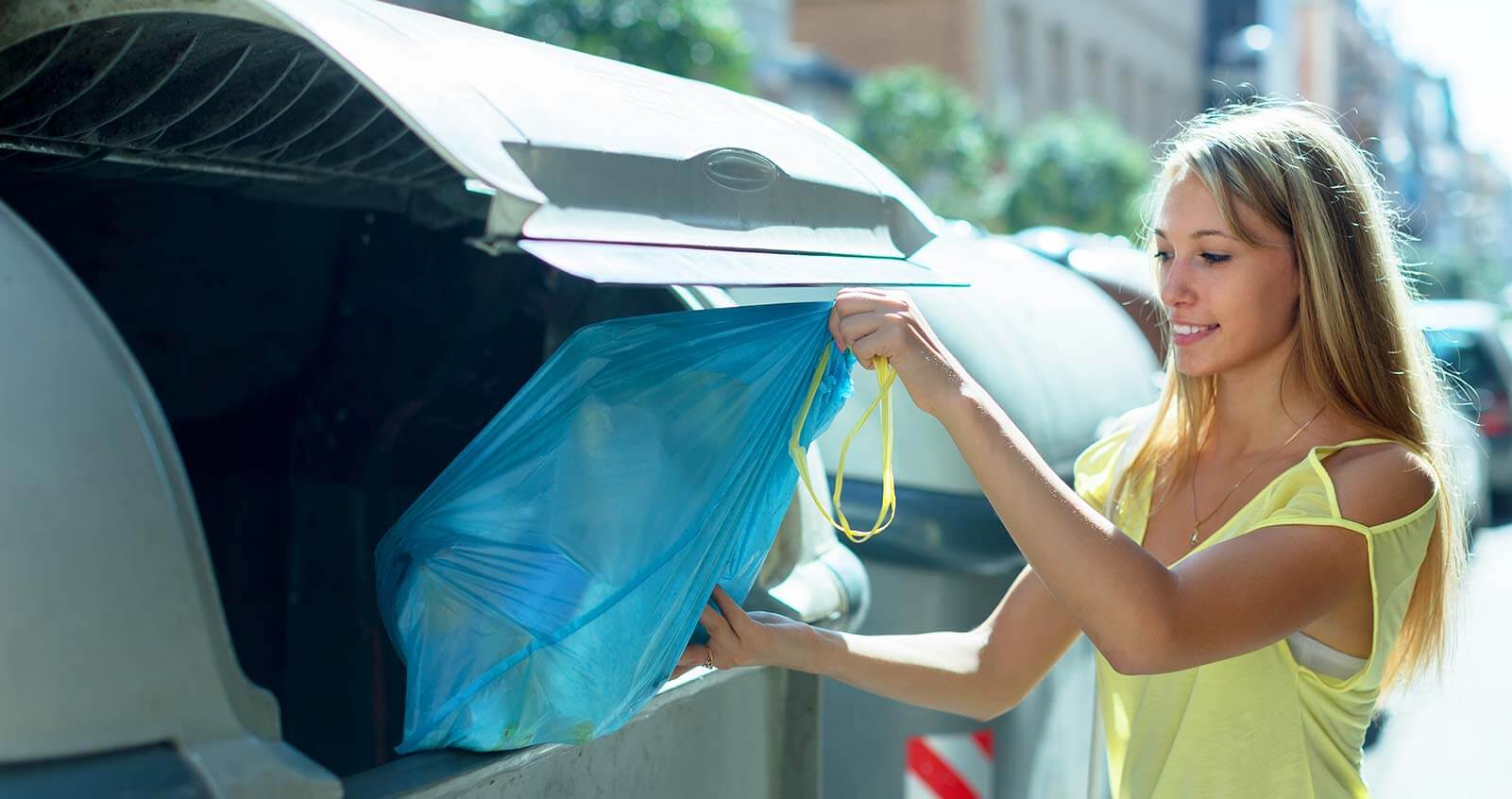The Importance of Responsible Waste Disposal: A Guide to Properly Discarding Household Items
Posted on 11/09/2024
In today's fast-paced and consumer-driven society, waste disposal has become a pressing issue. With the constant influx of new products, packaging, and materials, it is more important than ever to properly manage and dispose of household waste. Not only does this help keep our surroundings clean and safe, but it also plays a crucial role in preserving the environment for future generations. In this article, we will discuss the importance of responsible waste disposal and provide a comprehensive guide on how to properly discard household items.
The Dangers of Improper Waste Disposal
Before diving into proper waste disposal techniques, it is essential to understand the consequences of improper waste management. When household items such as batteries, electronics, and chemicals are not disposed of correctly, they can end up in landfills or incinerators. This can lead to harmful chemicals leaking into the soil and water supply, polluting the environment and posing a threat to wildlife and human health.
Moreover, certain materials such as plastics take hundreds of years to decompose, contributing to the growing problem of plastic pollution in our oceans and natural habitats. Oil-based products like motor oil and cleaning solutions can contaminate groundwater sources if not disposed of correctly. Additionally, improper disposal of medical waste can also pose a risk to sanitation workers who may come in contact with hazardous materials.

The Benefits of Responsible Waste Disposal
Properly disposing of household waste not only helps protect the environment but also has several other benefits. It reduces the risk of pollution and contamination that can harm wildlife and ecosystems. It also helps prevent diseases caused by exposure to hazardous materials.
Furthermore, responsible waste disposal can also save valuable resources. Many items that are discarded as trash can be recycled or repurposed instead of being sent to landfills or incinerators. Recycling reduces energy consumption and greenhouse gas emissions associated with producing new products from raw materials.
By practicing responsible waste disposal, we can also set a positive example for future generations and instill the value of environmental consciousness in them.
Proper Waste Disposal Techniques
1. Reduce and Reuse: The first step to proper waste disposal is to reduce and reuse items as much as possible. This could include buying products with less packaging, using reusable containers, and donating or repurposing items instead of disposing of them.
2. Separate Waste: It is essential to separate waste into different categories such as recyclable, hazardous, and non-recyclable items. This makes it easier for waste management facilities to sort and process the materials efficiently.
3. Use Recycling Facilities: Many household items such as paper, plastics, metals, and glass can be recycled. Make sure to use designated recycling bins or take these items to local facilities that accept them.
4. Dispose of Hazardous Waste Properly: Household chemicals, electronic devices, batteries, and medical waste should never be thrown in regular garbage bins. Instead, look for designated collection centers in your community or contact your local waste management agency for proper disposal methods.
5. Composting: Food scraps and yard waste can be composted instead of being discarded as trash. Composting provides valuable nutrients for soil and helps reduce the amount of organic waste sent to landfills.
The Pros and Cons of Responsible Waste Disposal
Pros:
- Protects the environment from pollution and contamination
- Saves valuable resources through recycling
- Reduces health risks associated with improper waste disposal
- Sets a positive example for future generations
Cons:
- Can be time-consuming and require more effort than simply throwing everything in one bin
- Some recycling facilities may not be easily accessible or available
- Requires knowledge about which items can be recycled or disposed of safely
Tips for Responsible Waste Disposal
1. Educate yourself on responsible waste disposal techniques
2. Teach your family and friends about the importance of proper waste management
3. Use eco-friendly and sustainable products to reduce waste
4. Follow proper disposal guidelines for hazardous materials
5. Support local recycling initiatives and facilities

Key Takeaways
Properly discarding household items is not just about keeping our surroundings clean, but it also has a significant impact on the environment and our health. By practicing responsible waste disposal, we can reduce pollution, save resources, and set a positive example for future generations.
In Conclusion
In today's world, where waste is constantly produced at an alarming rate, it is crucial to make responsible waste disposal a priority. By following the tips and techniques outlined in this article, we can all do our part in protecting the environment and creating a better future for ourselves and our planet. Let us strive towards responsible waste management for a cleaner, greener, and healthier world.





